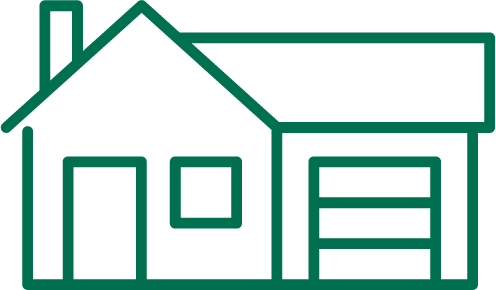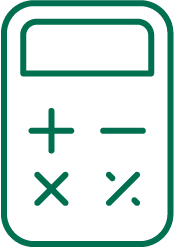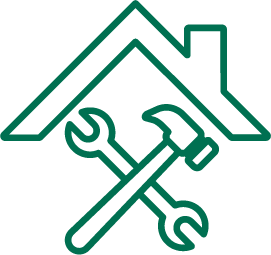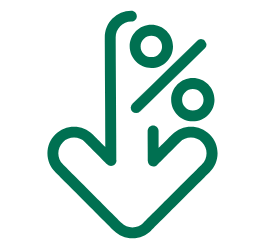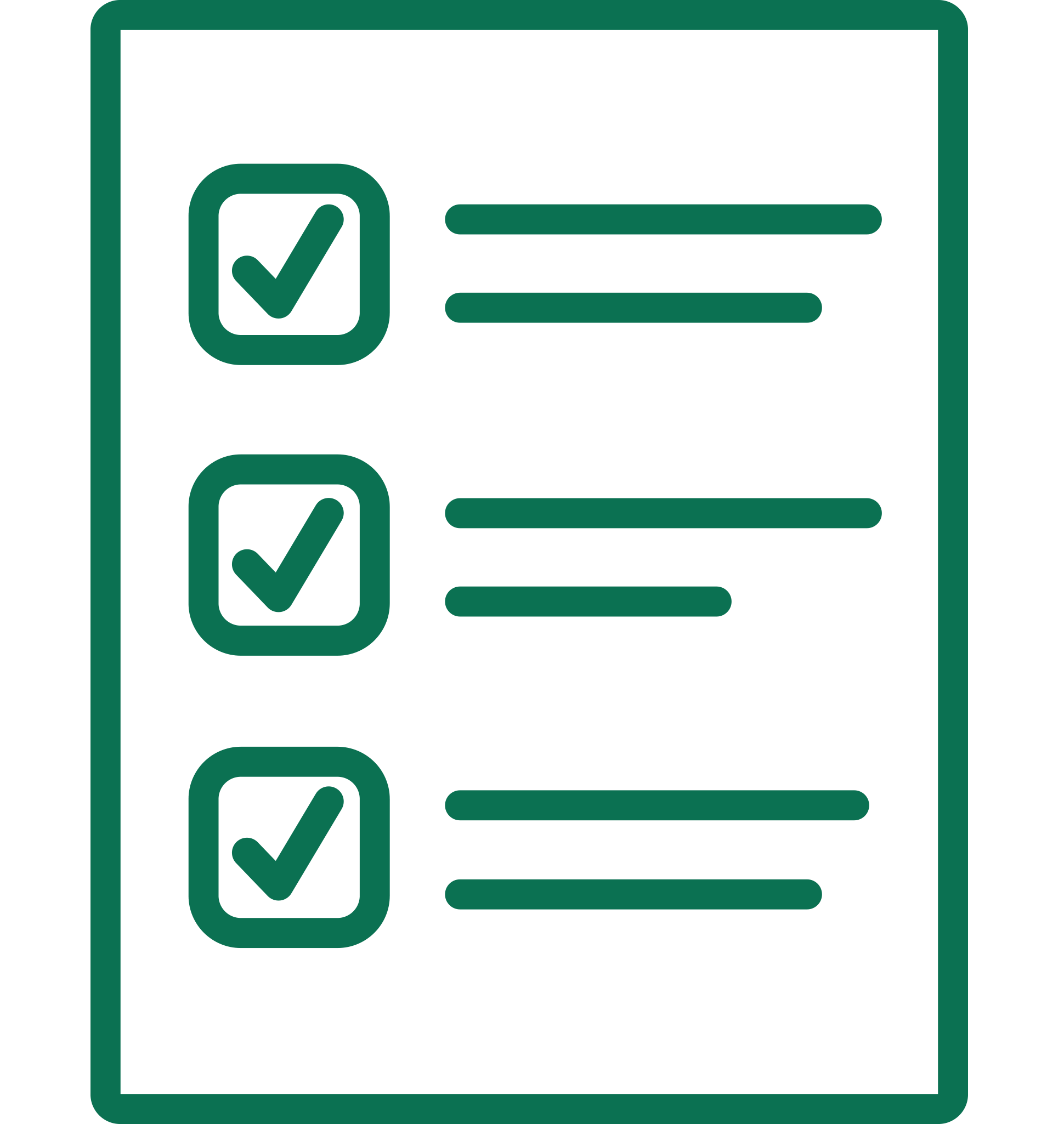Home Loans
Apply NowMontana's Choice for Home Loans
We all know the purchase of a home is one of life's biggest milestones. You'll want a local lender on your side to be your advocate as you navigate the mortgage process. Our home loan experts are your future community members and will work hard on your behalf to secure a competitive rate and get you into your dream home as quickly as possible. What's better - if you're in a competitive buying situation, a home loan from a trusted local lender may make your offer more favorable. Start your home loan process today with one of our experienced lenders.
Make Your Loan Decision Confidently
We believe our clients deserve transparency about their loan options, and our total cost analysis gives you the information you want to have about your loan. The first step is to get pre-qualified by one of our home loan professionals.
What type of loan is right for me?
Every borrower is unique. The right loan choice depends on many factors. We highly recommend talking with one of our Real Estate Loan Officers who can help guide you through the process. Here is some general information about several different loan program options.
Fixed Rate or Adjustable Rate
A fixed-rate loan provides a fixed rate throughout the life of the loan, meaning the rate will not change 10, 20, or 30 years from now. A fixed-rate loan may be the better choice if you want stable payments and plan to live in your home long-term.
With adjustable-rate mortgages (ARMs), the interest rate will fluctuate over time. ARMs can either go up or down, which will affect your monthly payment. An ARM may be a good option if you only plan to live in your home for a few years.
Conventional Loan
With a conventional loan, the lender assumes the risk for lending you money. As a result, conventional loans have more stringent credit requirements and higher down payment requirements.
- Conforming loans are those that adhere to loan limits set by the Federal Housing Finance Agency (FHFA). As of 2025, the conforming loan limit is $806,500 for one-unit properties.
- Jumbo loans are those that exceed the conforming loan limits. Interest rates are usually higher on jumbo loans because they represent greater risk to the lender. There may also be stricter credit standards and underwriting requirements.
Government-Sponsored Loan
With a government-sponsored loan, such as FHA, VA, or USDA, the government backs the loan, or assumes the risk for lending you money. They typically have easier requirements to qualify for, and can have as little as no downpayment.
- FHA loans are backed by the Federal Housing Administration (FHA). Because of reduced requirements to qualify, borrowers are required to pay a mortgage insurance premium (MIP) on top of their monthly payment.
- VA loans are backed by the U.S. Department of Veterans Affairs, and require no down payment (100% financing) and no mortgage insurance. They are available to eligible veterans, active-duty members, reservists, National Guard members, and surviving spouses.
- USDA loans are backed by the U.S. Department of Agriculture, and are available for homes in eligible rural areas. While USDA loans do not require a down payment, they do require mortgage insurance.
What other expenses should I expect?
Aside from the actual real estate transaction, there are several other fees that come with buying a home. These will vary depending on your situation, but be sure you also save for:
- Moving costs. From packing supplies to hiring a moving company, moving can hit you with a lot of unexpected expenses. Make sure you budget and save for these ahead of time.
- Maintenance & repairs. Owning a home includes the added responsibility of upkeep. If an appliance breaks down or your roof starts to leak, you'll have to cover the costs to repair it.
- Utility Bills: Moving from an apartment to a house? If you weren't paying for water and garbage before, be aware that you'll be responsible for these charges going forward, in addition to your normal utilities.
- Homeowners' Association Fees: If you move into a condo, townhouse, or subdivision, you may have to pay a monthly HOA fee to cover amenities, which may include trash removal, lawn care, and access to a community clubhouse, pool, or gym, to name a few.
- Real Estate


